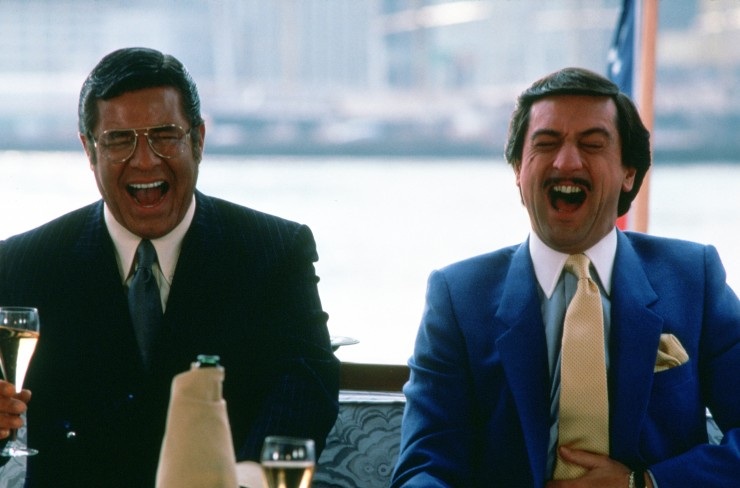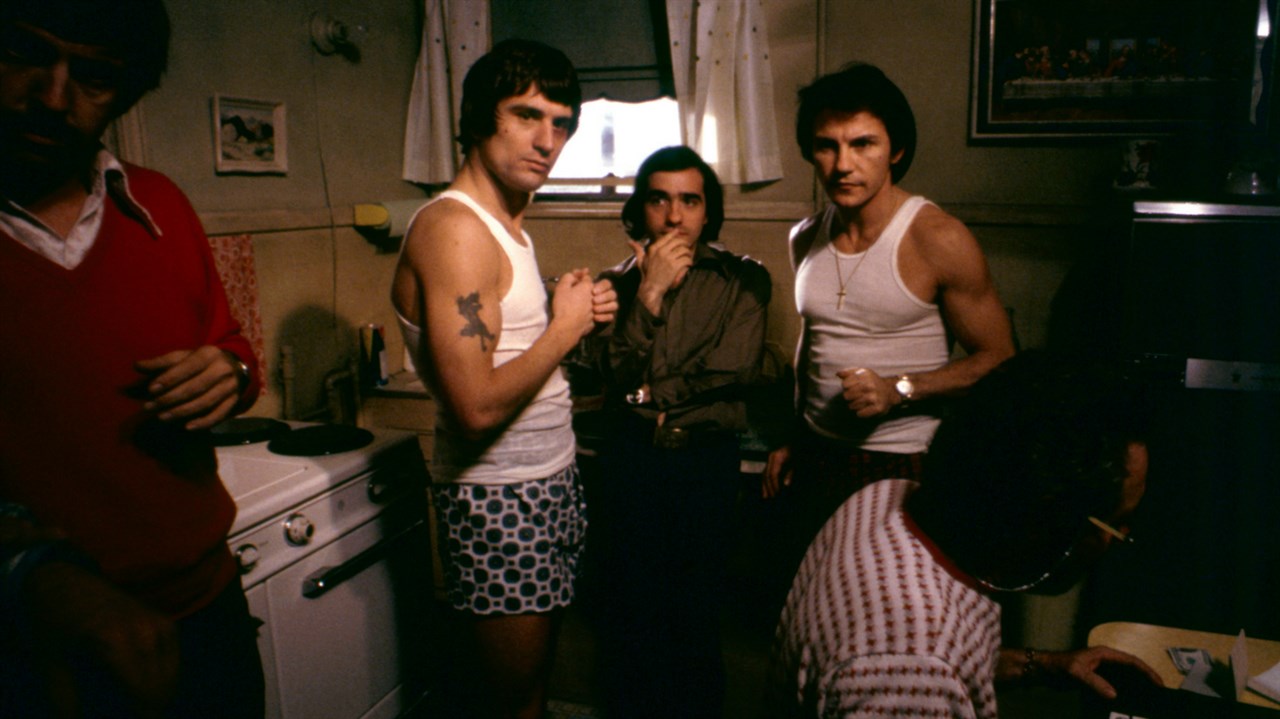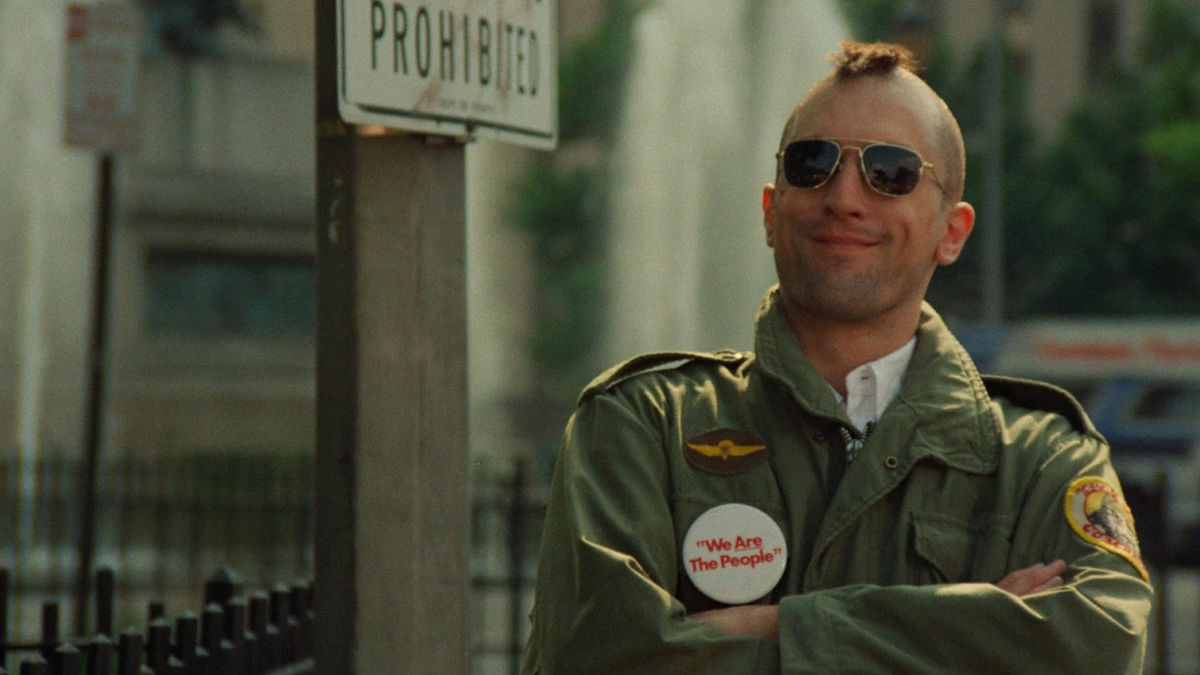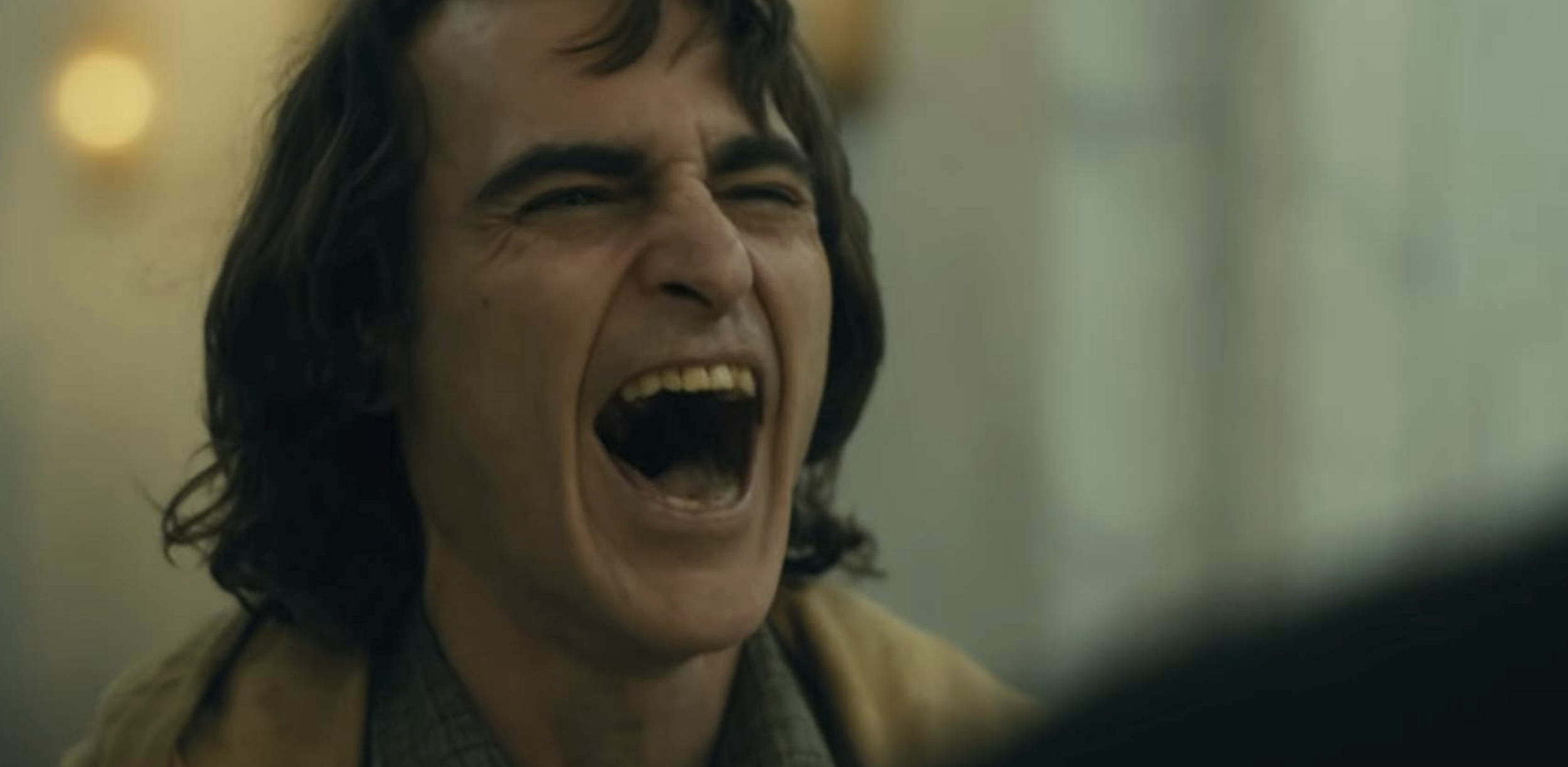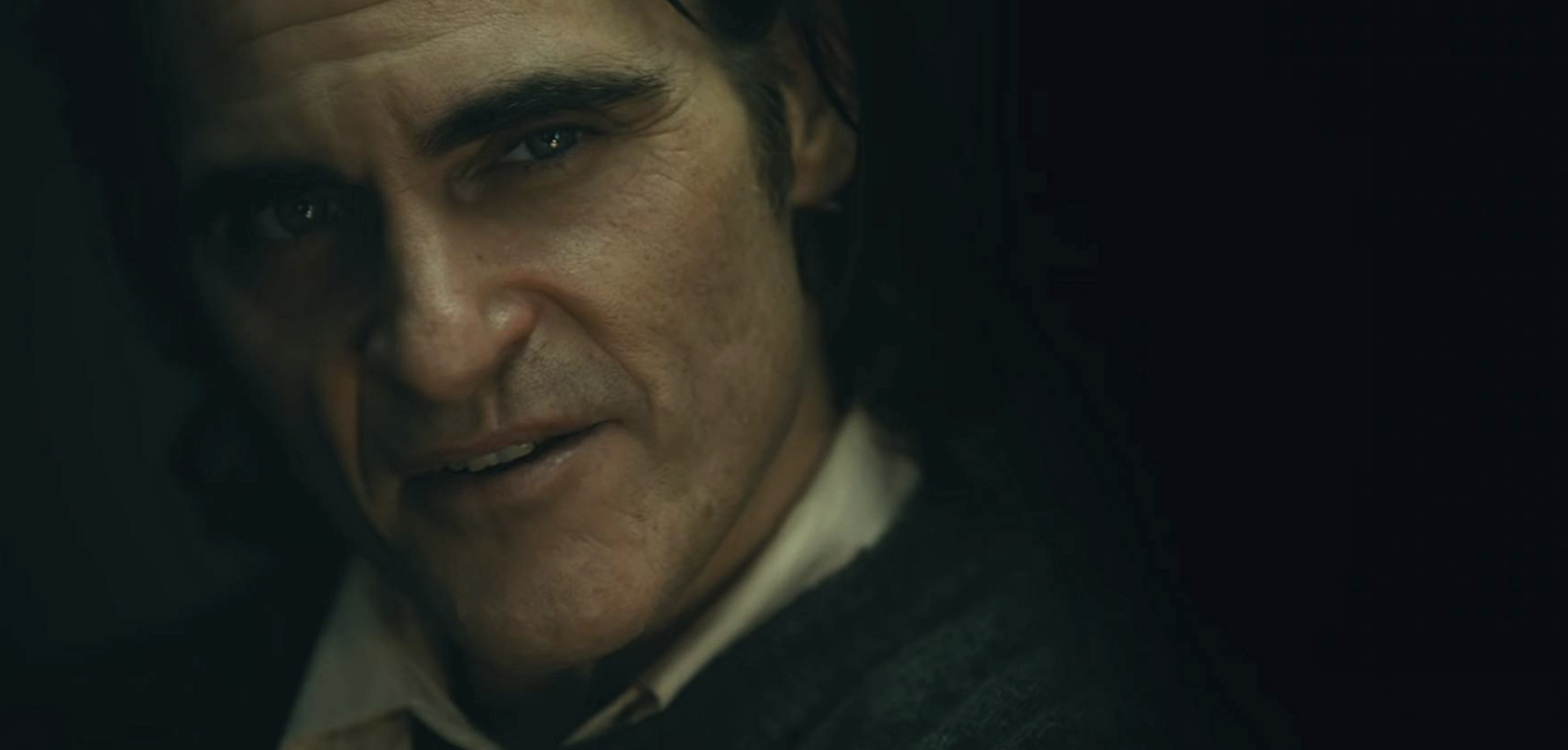Photo by Vittorio Zunino Celotto/Getty Images Entertainment / Getty Images
Written by Editor-In-Chief, Liberté Grace
The Joker origin movie directed by Todd Phillips and starring Joaquin Phoenix premiered at the Venice Film Festival to an eight-minute standing ovation and just took the top prize; the prestigious Golden Lion, awarded by a jury lead by Argentine auteur, Lucrecia Martel.
Joker is projected to be the highest grossing R-rated movie of all time according to Box Office Pro and is already being touted as a likely favourite for the Oscars.
JOKER OFFICIAL TRAILER 2019 © Warner Bros. feat. Joaquin Phoenix dir. tod phillips
Critics have responded to the character-driven drama with diverse perspectives; some calling the film a “masterpiece” on Rotten Tomatoes, while others are concerned about the movie’s potential to glorify toxic masculinity in an age of indiscriminate violence—particularly, in the United States.
Phillips and Phoenix discussed their unique collaboration in Venice and how they went beyond the Batman comics to develop the first Joker origin story completely from scratch.
Q: For the audience, this may not be the most obvious film for you to do. It seems like an origin story for Todd Phillips, as well as being an origin story of the Joker. Can you talk about that?
Todd Phillips: I never really saw the movie as a big departure from me, personally. It's different tonally from a lot of the films I've done before.
But, it's definitely influenced by the movies that I grew up on—these great character studies of the ‘70s. I kept thinking, “Why can't you do a genre film in the comic book world like that and do a deep dive on a character like Joker?” And if you get a great actor and great people behind it, we could really do something special.
Joker (2019) feat. Joaquin Phoenix as ‘Joker’ © Warner Bros. Entertainment 2019
Q: I imagine it was particularly attractive for you to be able to write an origin story that was never in the comics and completely make this story up.
Todd Phillips: Yeah, there's a lot of freedom because Joker as a character in the comic books, never really had an origin story. That was kind of the fun of him. He says in one of the comic books that, "he prefers to think of his past as multiple choice."
So, we thought it was really liberating because there really were no rules and no boundaries for it. Scott Silver, who I wrote it with, we pushed each other every day to come up with something totally insane.
Q: This film is very different to a lot of superhero movies, especially DC ones. If it becomes successful, what does this mean for the future of DC movies, and could director-driven movies like these become a valuable tool in the competition with Marvel?
Todd Phillips: I don't know about the competition with Marvel. I've not been in the comic book world. When we originally conceived of this idea it was very much about this sort of genre and taking a different approach with it. But, I don't know what effect it will have on other filmmakers. I think that comic book movies have been doing really well and they don't necessarily need to change.
But, again, we just thought it could be an exciting approach to this genre. It was a hard movie for us to get made and to convince DC and the studio, at first. But, we kind of just kept pushing because we felt it could be really special. The studio really took a bold swing with the movie and let us do exactly what we wanted. So, we’re very grateful.
Joker (2019) feat. Joaquin Phoenix as ‘Joker’ © Warner Bros. Entertainment 2019
Q: Todd could you please tell us about the references and inspirations in the film?
Todd Phillips: What was fun about it was we were able to kind of pick and choose certain elements from the past comic books and use what we wanted. So, there's a little bit of The Killing Joke with the idea of a failed standup comedian. But, you know, another big influence of this movie and the thing that inspired the original creator of Joker was the silent film The Man Who Laughed, which is really where this started.
There’s a tonne of specific inspirations that we have for this movie. I think it is more a time period of movies; movies from these great character studies that they did in the ‘70’s like Taxi driver, Raging Bull, King of Comedy etc. A lot of what Marty (Scorsese) was doing back then.
L-R: King of Comedy (1982), Mean Streets (1973), Taxi Driver (1976) directed by Martin Scorsese
Q: It feels like a character like this could only be borne from a really close collaboration between director and actor. Can you talk a little bit about how you developed this character together?
Todd Phillips: We spent a lot of time, Joaquin and I, before we even started making the movie. I would say six months talking about the character, talking about the script, talking about the laugh, talking about the voice— what it is, how he dresses, and his hair etc. I mean, all these things that you do in general, in movies.
In the beginning, I would go up to his house, and then, we started making the movie—finally. And, it just continued. It really never stopped. Even on the last day, we were discovering things and saying, “We should go back and we should shoot for three more weeks and redo this and redo that,” because we were constantly finding new things of Arthur and of Joker that we just kind of loved and wanted to dig into.
Q: Todd said that one of the attractions of the film was that it was written with no boundaries and no rules. Joaquin, did you approach the character with no boundaries and no rules yourself?
Joaquin Phoenix: What was so attractive about this character for me is he's so hard to define and you don't really want to define him. We would get close, at times. There were times that I found that I was identifying with some parts of his personality or motivations, and then, I would back away from that because I wanted there to remain this kind of mystery about the character.
But, throughout the course of shooting, everyday, I felt like we were discovering new aspects of his character and shades of his personality. I mean, up until the very last day. So, it certainly was, I think, part of the attraction for me.
Todd Phillips: The more clear things became for Joaquin, the less he responded to it. I mean, for this (role).
Q: How did you prepare for the role? Obviously, it was a very challenging role from a physical and psychological standpoint.
Joaquin Phoenix: I think the first thing was the weight loss. That was what I struggled with, and as it turns out, that then affects your psychology. I mean you start to go mad when you lose that much weight, in that amount of time. So, I think I started there. I started with the script and talking with Todd.
I read a book about political assassins and would-be assassins that I thought was really interesting. It kind of breaks down the different types of personalities, that do those sorts of things. But, as soon as I started to identify Arthur as a particular type, I also wanted the freedom to create something that wasn't identifiable.
“This is a fictional character and I didn’t want a psychiatrist to be able to identify the kind of person that he was. We wanted to have the room to really create what we wanted.”
Very early on in rehearsal, I was given an (empty) journal and Joke diary. That was really helpful because I'd been there for a couple of weeks and I wasn't sure how I was going to start. Todd sent over this journal, and initially, I remember I didn't know what to do—I didn’t know what to write. So, I asked you (Todd) for some suggestions and you sent over something to start me off.
And then, after a few days, I ignored your suggestions. And then, suddenly, I was just writing and it was just coming out. I hadn't even anticipated that. I didn't plan on it. And it just became a really important part of the discovery of the character for me, at that time.
Q: The laugh is so distinctive and omnipresent throughout the movie. Can you discuss how you developed it?
Joker (2019) feat. Joaquin Phoenix as ‘Joker’ © Warner Bros. Entertainment 2019
Joaquin Phoenix: Before I even read the script, Todd came over to talk me through what it is that he wanted out of this character and this movie. He showed me some videos and he described the laughter as something that's almost painful.
So, ultimately, it's a part of the Joker that's trying to emerge. I thought that was a really interesting way of looking at his laugh. I think we all assume what a Joker laugh is and it felt like a new, fresh way of looking at it, that was really exciting.
But, honestly, I didn't think that I could do it. I kind of practiced alone. I asked Todd to come over to audition my laugh. It was really uncomfortable because it took me a long time and because I didn't want to fake it.
Todd Phillips: It wasn't comfortable. I said, "You know, you have the part, right?” But, he really found it was a process finding that laugh, and sort of the modulation of it. In the movie, there are really three or four different laughs. There’s sort of the affliction laugh, then, the laugh when he's trying to be one of the guys in the crowd, and then, to me, there's the laugh in the end that's the authentic joy.
Q: Are you especially interested in playing seemingly tormented characters?
Joaquin Phoenix: I was interested in the light of Arthur, for a lack of a better word. It wasn't just the torment. It was kind of like the joy. It was his struggle to find happiness, to feel connected, and to feel warmth and love. And that's the part of the character that I was interested in and I think was worth exploring. So, I don't think of a character as tormented. I don't ever define characters that way.
For me, for us, it was eight months of exploring this person. It’s very difficult to distill that experience down into a soundbite or just as a definition of who the person is. He was so many different things to me, at different times. I mean, who he was in the first few weeks of shooting was completely different than who he was at the end. It was something that was constantly evolving.
“I don’t think I’ve ever had an experience quite like this one and I like to be open to different possibilities as I work. I try not to make concrete decisions about the character, while I’m working. But, with this one, it was impossible.”
Anytime we did that—we made a decision—we would just look at each other and go “No, there's something wrong about that. And the more unpredictable it was, the more exciting it was for us, and inspiring. We kept trying to find something new in every moment.
Q: What is your relationship with the music, especially in the scene when Joker is dancing on the stairs?
Joker (2019) feat. Joaquin Phoenix as ‘Joker’ © Warner Bros. Entertainment 2019
Todd Phillips: We had a great composer on the movie; Hildur Guðnadóttir. I asked her to start writing music off the script, which is not normally done in movies. Normally, you send fully-shot scenes and say: “Hey, can you put some music to this?” Hildur was excited by the idea of writing music based on a screenplay.
In the script, the scene was actually written to be that Arthur runs into the bathroom and hides his gun and washes the makeup off. This is again one of those things where everyday we were changing things a lot, as we're moving along.
Joaquin and I were in the bathroom alone and we're sort of talking about hiding the gun and we're talking about why would Arthur do this, has he seen it in a movie? Because it doesn't seem like he'd be concerned with hiding evidence. So, we were like “let's not do that,” and then, about 45 minutes into it I said, "I got this interesting piece of music from Hildur last night," and I played him the music.
He just started that movement and it became that scene. Hildur’s gorgeous cello work and simple but powerful score really defined that scene and helped us to go forward.
Joaquin Phoenix: It was a really key transformative moment for us. I mean it's when he starts to become the Joker in that moment because we wanted something that could express that. We were trying to find something, and with Hilda's music and our conversation, we found this movement that showed that transformation, that felt unique.
JOKER FINAL TRAILER 2019 © Warner Bros. feat. Joaquin Phoenix dir. tod phillips
Q: It seems that the Joker has become a kind of American Hamlet; that it's a role that many actors put their own interpretation on and it seems to also change with the time and the decade in which it is done.
Joaquin Phoenix: For me, the attraction to make this film and this character was that we were going to approach it in our own way. So, I didn't refer to any past iterations of the character. It was just something that felt like it was our creation in some ways. I think that's what was really important for me, and key to it.
Todd Phillips: I think movies are oftentimes mirrors of society, but they never mould it. Even though the movie takes place in the late 70s, early 80s, we wrote it in 2017. So, inevitably, certain themes find their way into the movie that may exist now, and not everyone sees that. Some people just see it as a new take on an origin Joker story.
So, you hate to define it for people; what it is. And, certainly, it's not a political film—for some people—it just really depends on the lens at which you view it through.
Joker is being released by Warner Bros. on the 4th of October in the United States. You can follow the Joker movie on Instagram and Facebook, and I AM FILM on Instagram @iamfilmofficial.
Join our list to receive more news and views by the Masters Of Film.




